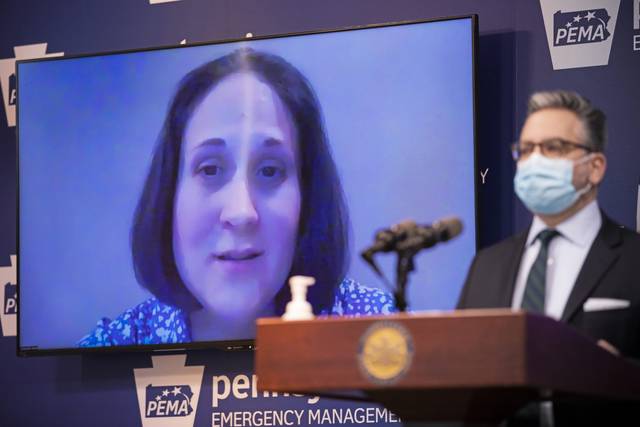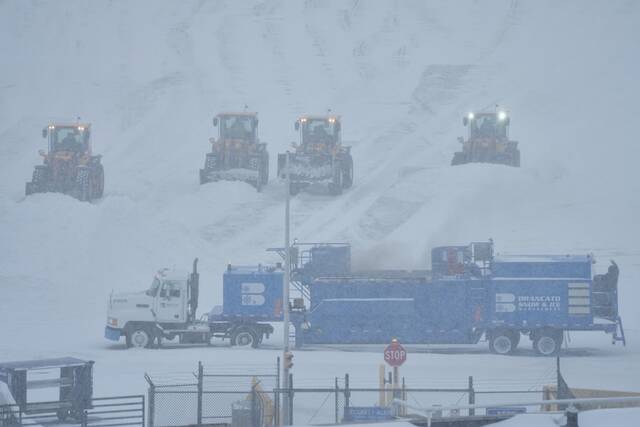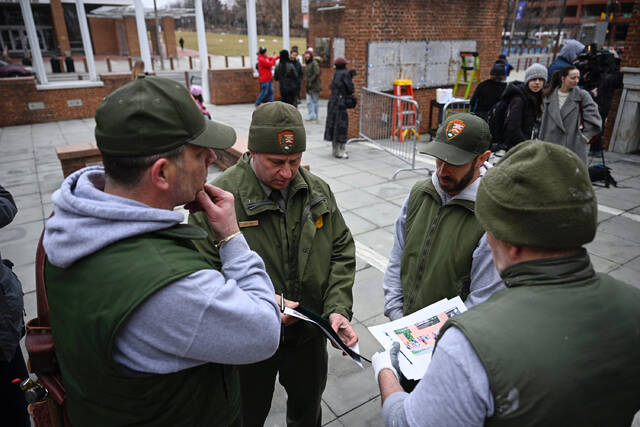Amid a global pandemic killing thousands across the state, country and world, health officials in Pennsylvania warned that the opioid epidemic continues to leave thousands dead in its wake as well.
“We know that with the holidays of Christmas, Hanukkah, Kwanzaa and various others approaching, it can be a difficult time for those struggling with this disease,” said Ray Barishansky, deputy secretary of health preparedness and community protection. “Due to covid-19, this year could be even more difficult.”
Barishansky, who is also the incident commander of the state’s Opioid Command Center, said many counties across the state have shared anecdotal evidence that overdoses are on the rise. In 2019, at least 4,457 Pennsylvanians died from drug overdoses, and “we cannot afford to forget a single one,” he said. “The opioid crisis continues, and we cannot turn our back on it.”
He urged Pennsylvanians to reach out and have “those difficult conversations” with friends and family who have struggled with the disease of addiction or who are currently struggling. “It’s vitally important that we don’t lose sight of the fact that the opioid epidemic rages in our communities, our state and our country at the same time.”
Both he and Jennifer Smith, secretary of the Department of Drug and Alcohol Programs, predicted increased hardship as the holidays approach for both those suffering from the disease of addiction and those in recovery. They spoke at an online media briefing Tuesday.
“Even outside of the substance-use disorder world, you often see depression spiking, you see suicide rates spiking toward the holiday season,” Smith said. “So it is a big concern heading into this time of year.”
That’s in addition to the myriad ways the pandemic has upended treatment and recovery, journeys that both rely heavily on the support of others. As covid has spread, the same mitigation measures meant to protect people from the virus could be a detriment to individuals suffering from addiction or in recovery.
“Recovery is based on community, creating a support system to lift each other up,” Smith said.
The pandemic has turned that on its head, she said, and many who struggle with the disease have found the isolation wrought by the pandemic incredibly challenging.
“Any time you talk about affecting the employment, the transportation, the housing situation, the financial situation of an individual in recovery, you are potentially upsetting their journey to recovery,” Smith said. “Those are some of the pillars of ensuring they can continue that journey.”
The pandemic has meant everyone must rely on family and friends for support, but that has been magnified for those in recovery and suffering from addiction, and those relationships, she said, are now an essential support network.
She said the state’s recovery community acted quickly to adapt, with many organizations offering outdoor sessions when the weather cooperated and implementing more frequent and accessible outreach.
“If there is a success story to all of this, (it is) knowing that our community of individuals in recovery really support each other and care so much,” Smith said.
She reiterated that treatment and recovery options remain available despite the pandemic. The state’s Get Help Now hotline is available 24/7 at 800-662-HELP (4357).
“There is absolutely no shame in seeking help to lead an active, happy life,” she said.








